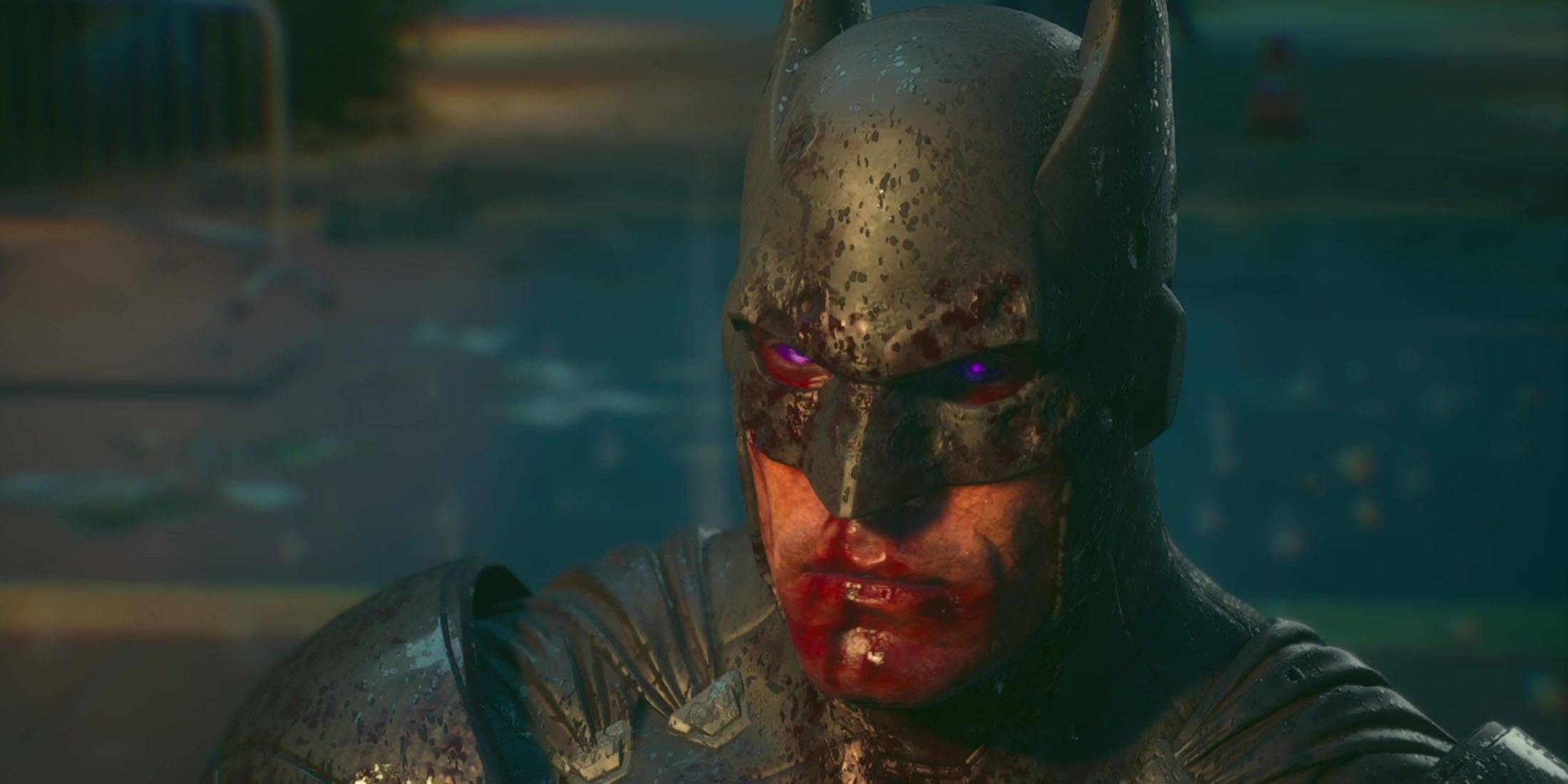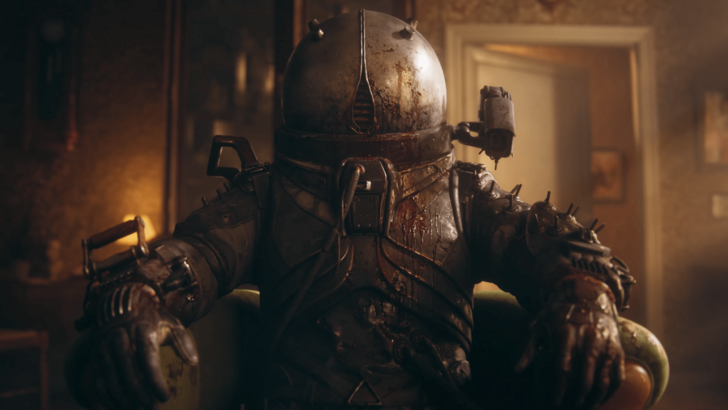
Summary
- Rocksteady Studios faced further layoffs following the underperformance of Suicide Squad: Kill the Justice League.
- The game's poor sales resulted in a 50% reduction of the QA staff in September.
- Recent layoffs impacted Rocksteady's programming and art teams, preceding the game's final update.
Rocksteady Studios, renowned for the acclaimed Batman: Arkham series, experienced another wave of layoffs. 2024 proved challenging following the mixed reception and subsequent divisive post-launch DLC for their Batman: Arkham spin-off, Suicide Squad: Kill the Justice League. After releasing a final update in January to conclude the game's storyline, Rocksteady announced an end to further content additions.
Suicide Squad: Kill the Justice League proved costly for both Rocksteady and parent company WB Games, with Warner Bros. reporting the game fell short of sales expectations in February. This led to significant layoffs within Rocksteady's QA department in September, reducing its size by approximately half (from 33 to 15 employees).
Eurogamer recently reported further job cuts at Rocksteady at the close of 2024. These impacted additional QA staff, as well as members of the programming and art teams. Several anonymous employees confirmed their dismissals to Eurogamer, citing concerns about their future job prospects. Warner Bros. remains silent on these layoffs, mirroring their response to the September cuts.
Rocksteady Lays Off More Suicide Squad Employees
Rocksteady isn't alone in experiencing the fallout from Suicide Squad: Kill the Justice League's underperformance. WB Games Montreal, the studio behind Batman: Arkham Origins and Gotham Knights, also announced layoffs in December, primarily affecting quality assurance staff who supported Rocksteady's post-launch DLC development for Suicide Squad.
The final DLC, released December 10th, introduced Deathstroke as the fourth playable character. While Rocksteady will release a final update later this month, the studio's future plans remain unclear. The underperformance of Suicide Squad: Kill the Justice League casts a shadow on Rocksteady's otherwise impressive record of critically acclaimed DC-based games, highlighting the significant impact of the title's struggles.
 Home
Home  Navigation
Navigation






 Latest Articles
Latest Articles










 Latest Games
Latest Games












